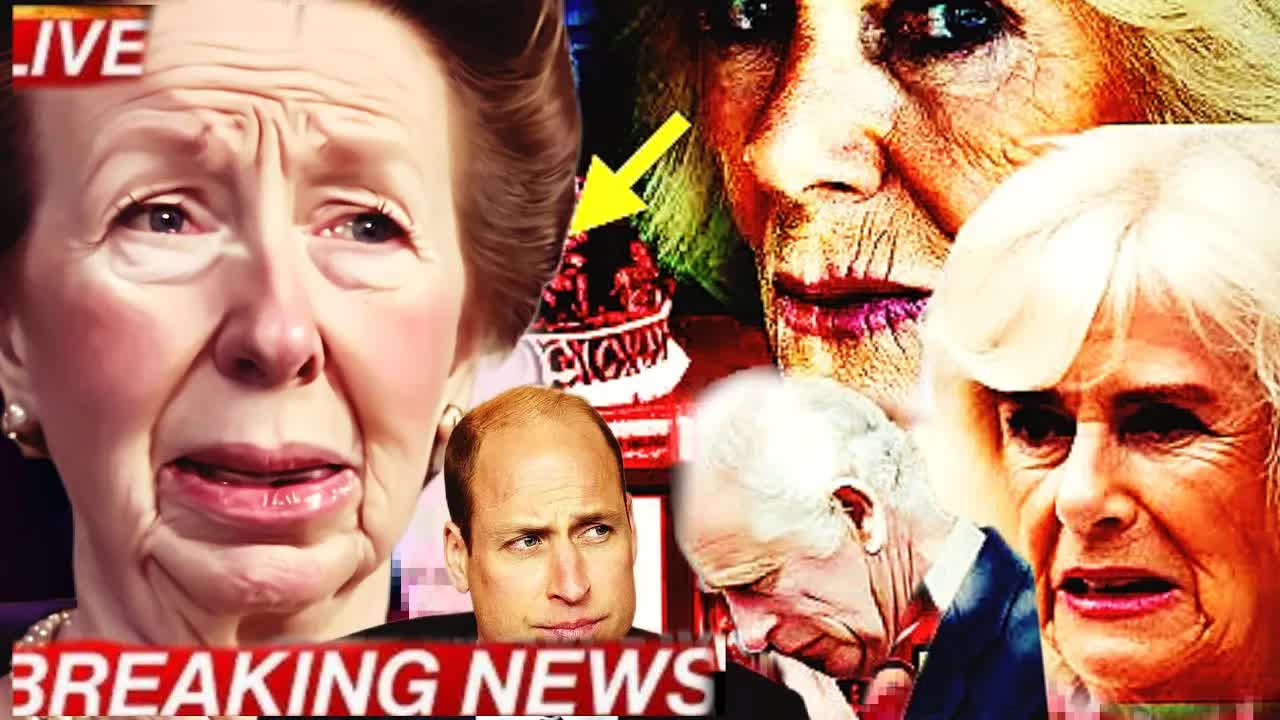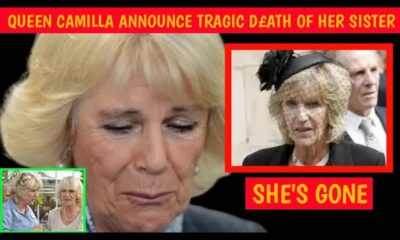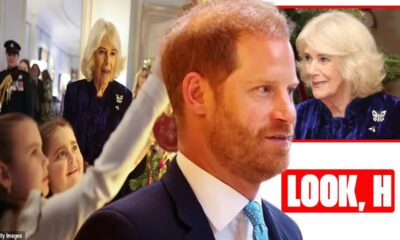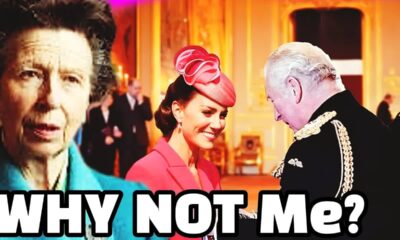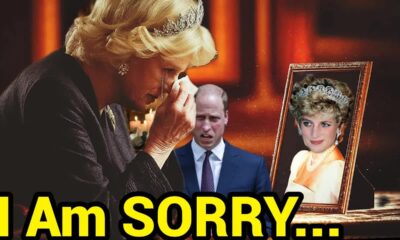Must Read
Royal Tensions Emerge as Princess Anne Voices Support for Queen Camilla Amidst Monarchy’s Modernization Efforts
In a surprising turn of events, Princess Anne has shared her candid thoughts about Queen Camilla, shedding light on the dynamics within the British royal family.
During a recent documentary that chronicles King Charles III's inaugural year as monarch, Anne acknowledged that Camilla's new role as queen is not something that comes easily to her.
Despite this, Anne offered praise for Camilla's ability to adapt, highlighting her understanding of the position and the positive influence she wields over King Charles.
Anne's comments provide a rare glimpse into her perspective on her sister-in-law's performance as queen.
While recognizing that the role may not fit Camilla like a glove, Anne commended her for bringing a much-needed change of pace and tone to the monarchy.
This endorsement from Anne, who is known for her straightforwardness and commitment to royal duties, suggests a deep respect for Camilla's efforts in navigating her new responsibilities.
The documentary also featured insights from Camilla's sister, Annabelle Elliot, who described the relationship between Charles and Camilla as one characterized by complementary opposites.
Annabelle emphasized that Camilla's loyalty and stability have been invaluable to Charles, while he has enriched her life with his extensive knowledge and interests.
Together, these perspectives paint a nuanced picture of the royal family's evolving dynamics under King Charles's reign.
Meanwhile, the Balmoral Summit, held at the royal family's picturesque Scottish retreat, was intended to be a moment of reflection and strategic planning for the monarchy's future.
However, what was meant to unite the family under King Charles III's leadership instead revealed underlying tensions and differing visions for the monarchy.
Anne's increasing alignment with Prince William, the heir apparent, raises questions about the future direction of the royal institution.
William has been vocal about his desire for a streamlined monarchy, advocating for a focus on core family members and a commitment to transparency and accountability.
Anne, who has historically been skeptical of her brother Charles's vision for a reduced royal family, appears to have found common ground with William.
Their shared vision aims to ensure the monarchy remains relevant in an era marked by intense public scrutiny.
However, Queen Camilla reportedly harbors reservations about these proposed changes.
Her concerns stem from a fear that the modernization efforts might sideline her role and those close to her, potentially undermining the stability she has worked hard to establish.
Having navigated years of public controversy, Camilla's apprehensions reflect not only personal stakes but also a sense of loyalty to her sister Annabelle.
Annabelle's potential exclusion from the royal payroll, as part of William's modernization plan, could cause significant distress for Camilla.
Annabelle has been a steadfast supporter throughout challenging times, and her removal would symbolize a broader shift in power dynamics within the royal family.
For Camilla, this situation not only threatens her sister's position but also her own influence within the monarchy.
As King Charles III grapples with these internal conflicts, he finds himself in a delicate balancing act.
On one hand, he recognizes the need for change to ensure the monarchy's survival; on the other, he remains loyal to Camilla and her concerns.
The summit, which was supposed to solidify family unity, has instead highlighted divisions, placing Charles in the position of mediator.
Speculation surrounding a rift between Camilla and Anne, as well as between Camilla and William, has captured the attention of the British media.
The narrative of a queen at odds with the future king could further complicate public perception of the monarchy, especially at a time when cohesion is crucial for its reputation.
The coverage of these tensions poses a risk to the monarchy's standing, as public support hinges on a united front.
With Prince William's vision for a modernized monarchy on the horizon, the stakes are high.
His push for a streamlined royal family raises important questions about the roles of extended family members and the institution's relevance in the 21st century.
As adaptation becomes necessary, the challenge lies in maintaining a delicate balance between tradition and modernization.
Princess Anne's role in this evolving landscape could prove pivotal.
Known for her strong work ethic and dedication, her support for William's vision may lend it greater legitimacy.
However, her alignment with William could also alienate those who feel threatened by the proposed changes, particularly Camilla.
Navigating these complex family dynamics will require careful consideration and diplomacy.
As the British royal family stands at a crossroads, the decisions made in the coming years will shape not only the institution's structure but also its public perception.
The Balmoral Summit has exposed fault lines within the monarchy, highlighting the challenges of reconciling competing visions.
The ability to adapt while honoring tradition will be essential for the monarchy's endurance in an increasingly skeptical world.
